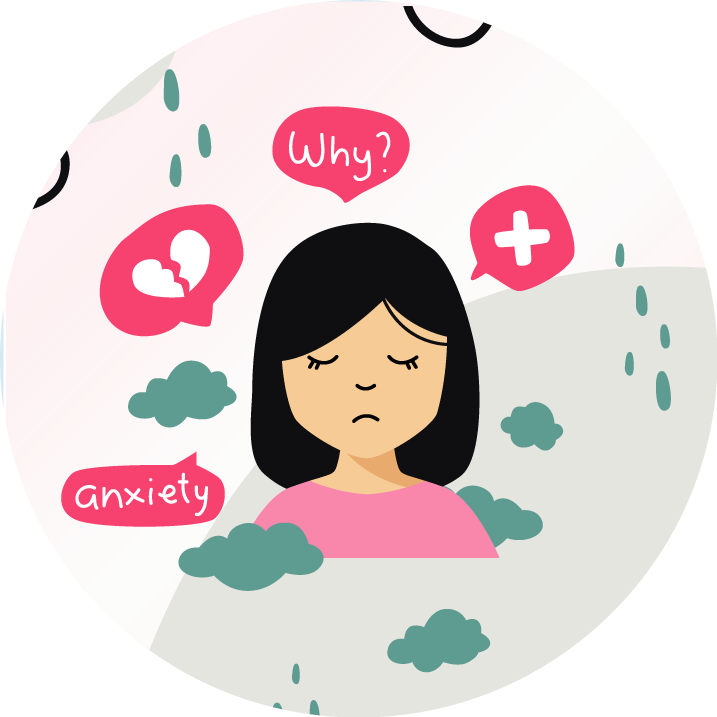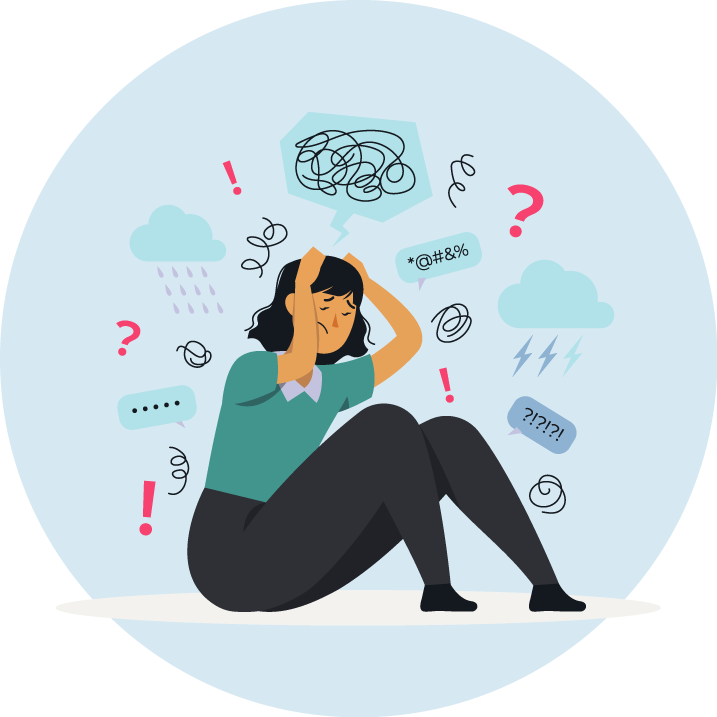The Importance of Self-Care for Sales and Marketing Employees

The Importance of Self-Care for Sales and Marketing Employees
September 17 2025 TalktoAngel 0 comments 40 Views
In the high-octane world of sales and marketing, professionals often wear many hats—brand storyteller, lead generator, customer relationship manager, data analyst, and more. Stress levels can rise dramatically as a result of strict deadlines, ongoing goals, repeated rejections, and constantly changing consumer needs. Despite their outward confidence and energetic presentations, many sales and marketing employees silently battle burnout, anxiety, and fatigue. This is why self-care is not just a luxury—it is essential.
Understanding the Pressure in Sales and Marketing
Sales and marketing roles are performance-driven, often measured by strict KPIs such as monthly targets, conversion rates, and campaign ROI. The pressure to “always be closing” and to constantly innovate in a crowded digital marketplace can lead to physical and emotional exhaustion.
Research suggests that sales employees are more prone to job stress, which can affect not only performance but also mental health and job satisfaction (Bhuvanaiah & Raya, 2015). Marketing professionals, especially in digital roles, may experience “techno-stress” due to excessive screen time, constant connectivity, and the need to stay updated with fast-changing trends.
Why Self-Care Matters
Self-care encompasses intentional activities aimed at maintaining physical, emotional, and mental well-being. For sales and marketing professionals, it can:
- Prevent burnout
- Enhance productivity and creativity
- Improve decision-making and communication
- Boost confidence and resilience
- Foster long-term career sustainability
In essence, self-care supports both the well-being of the individual and the success of the business.
Key Areas of Self-Care for Sales and Marketing Professionals
1.Physical Self-Care
Physical health wellness forms the foundation for overall well-being. Long working hours, frequent travel, irregular eating patterns, and a sedentary lifestyle can affect the body’s natural rhythm.
Tips for Physical Self-Care:
- Establish a regular sleep routine to increase your energy and concentration.
- Eat nutritious meals and avoid over-dependence on caffeine or energy drinks.
- Take walking breaks during long meetings or calls.
2.Mental and Emotional Self-Care
Constant rejection, negative customer responses, tight competition, and high targets can be mentally taxing. Left unchecked, they can lead to frustration, self-doubt, and anxiety.
Tips for Mental Self-Care:
Every day, dedicate a short period of time to mindfulness exercises or meditation.
- Set boundaries—log off from work emails after a certain hour.
- Use journaling to express thoughts, setbacks, or achievements.
- If symptoms of despair or anxiety continue, get professional assistance.
Emotional intelligence also plays a major role in navigating sales conversations and customer dynamics. Developing emotional regulation skills can reduce conflict and promote positive relationships.
3.Digital Self-Care
Sales and marketing professionals are often tied to multiple screens—phones, laptops, CRMs, and campaign dashboards.
Tips for Digital Self-Care:
- Use blue light filters and observe the 20-20-20 rule, which states that you should look 20 feet away for 20 seconds every 20 minutes.
- Limit screen time outside of work—priorities offline hobbies.
- Turn off unnecessary notifications during off-hours.
4.Social and Relational Self-Care
In high-pressure roles, employees might unintentionally neglect their relationships, leading to loneliness or a lack of emotional support.
Tips:
- Schedule quality time with family and friends.
- Build peer support through mentorship or buddy systems within the team
- .Participate in team-building activities not only for engagement but emotional bonding.
5.Professional Self-Care
Professional self-care focuses on career growth, learning, and workplace fulfilment. Employee motivation suffers when they feel underappreciated, overworked, or stagnated.
Tips:
- Set achievable short-term goals to stay motivated.
- Attend workshops, webinars, or industry events to grow skills and confidence.
- Take regular breaks to avoid mental saturation.
- Celebrate small wins—personal or professional.
The Business Case for Promoting Self-Care in Sales and Marketing Teams
Businesses that make investments in the welfare of their employees find increases in productivity, morale, and retention. Encouraging self-care among sales and marketing employees benefits the organization in many ways:
- Reduced absenteeism and sick leaves
- Improved employee engagement
- Lower attrition rates
- More creativity and innovation in campaigns
- Better customer relationships
Managers and HR leaders can take an active role by embedding self-care into the workplace culture:
- Offer flexible work schedules
- Provide access to EAPs (Employee Assistance Programs)
- Host wellness sessions and mental health awareness programs
- Encourage vacation days and discourage overwork glorification
- Normalize conversations around stress and burnout
Real-Life Example
The marketing team at a mid-sized FMCG company in India reported a decline in campaign performance and significant levels of weariness. HR introduced a “Recharge Hour” every week—an hour where teams engaged in non-work activities like yoga, gratitude journaling, or creative workshops. Over the next quarter, employee satisfaction scores increased by 18%, and campaign success rates improved due to enhanced collaboration and creativity.
Final Thoughts
In high-pressure professions like sales and marketing, self-care is not a selfish act; rather, it is a vital survival and success tactic. When employees care for their well-being, they perform better, collaborate better, and feel more fulfilled. It’s time organizations and individuals stop treating self-care as an afterthought and start embracing it as a professional responsibility. Seeking support through platforms like TalktoAngel, which offers online counselling with some of the best psychologists in India, can be a powerful way for professionals to manage stress, build resilience, and sustain long-term success.
By integrating self-care into the daily routine, sales and marketing professionals can strike a healthy balance between performance and peace, turning workplace stress into sustainable success.
Contributed by: Dr (Prof.) R K Suri, Clinical Psychologist & Life Coach, & Ms. Sangeeta Pal, Counselling Psychologist
References
- Bhuvanaiah, T., & Raya, R. P. (2015). Employee engagement: Key to organizational success. SCMS Journal of Indian Management, 12(4), 61–71.
- Ganster, D. C., & Rosen, C. C. (2013). Work stress and employee health: A multidisciplinary review. Journal of Management, 39(5), 1085–1122. https://doi.org/10.1177/0149206313475815
- Smith, A. C., & Lazarus, R. S. (2021). Coping, stress, and emotions in the workplace: A theoretical framework. Journal of Organisational Behaviour, 42(6), 731–749. https://doi.org/10.1002/job.2502
Leave a Comment:
Related Post
Categories
Related Quote

“Remember: the time you feel lonely is the time you most need to be by yourself. Life's cruelest irony.” - Douglas Coupland

“Anxiety is a thin stream of fear trickling through the mind. If encouraged, it cuts a channel into which all other thoughts are drained.” - Arthur Somers Roche

"It is okay to have depression, it is okay to have anxiety and it is okay to have an adjustment disorder. We need to improve the conversation. We all have mental health in the same way we all have physical health." - Prince Harry

“Stress is an ignorant state. It believes that everything is an emergency. Nothing is that important.” - Natalie Goldberg

“Depression is your body saying, ‘I don’t want to be this character anymore. It’s too much for me.’ You should think of the word ‘depressed’ as ‘deep rest.’ Your body needs to be depressed. It needs deep rest from the character that you’ve been trying to play.” - Jim Carrey
Best Therapists In India



















SHARE